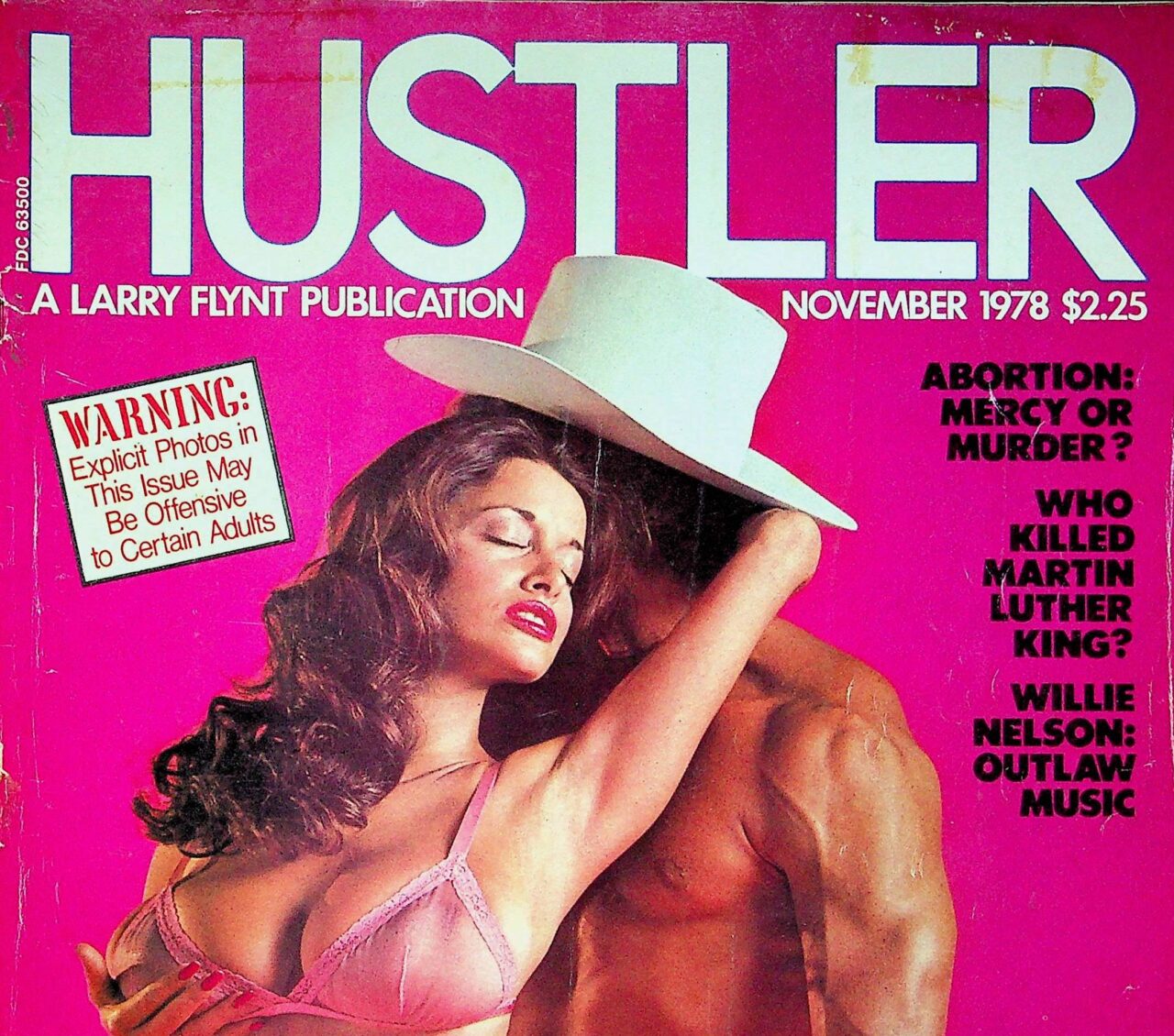Hustler Magazine, founded by Larry Flynt in 1974, played a significant role in the adult entertainment industry and became a cultural icon during its heyday. Known for its explicit content and provocative approach, the magazine pushed boundaries and sparked debates about freedom of speech, censorship, and the ethics of adult media. However, the journey of Hustler Magazine has not been without controversy and challenges. Let’s explore the rise and fall of this influential publication.
The Rise of Hustler Magazine:
In the 1970s, Hustler Magazine emerged as a bold alternative to more mainstream adult publications. It gained attention for its explicit content, featuring more explicit and graphic images than its competitors. The magazine’s aim was to challenge societal taboos and embrace a more explicit and uninhibited approach to adult entertainment.
Larry Flynt, the founder and publisher, strategically marketed the magazine by pushing boundaries and courting controversy. Hustler was unapologetically explicit and pushed the limits of what was considered acceptable by society. This approach attracted attention and generated a dedicated following of readers who appreciated the magazine’s audacity and willingness to tackle controversial topics.
Hustler gained further notoriety through its strong political stance. The publication often featured political commentary and used satire to critique public figures and institutions. One of the most notable instances was the 1978 Supreme Court case “Hustler Magazine v. Falwell,” in which the magazine successfully defended its right to publish a parody ad targeting Reverend Jerry Falwell.
The Fall of Hustler Magazine:
Despite its initial success and cultural impact, Hustler Magazine faced numerous challenges that eventually led to its decline. Here are some key factors that contributed to the fall of the publication:
- Shifting Market Dynamics: As the adult entertainment industry evolved, the advent of the internet brought about a significant shift in the way people consumed adult content. The accessibility and anonymity offered by online platforms posed a challenge to traditional print magazines like Hustler. The decline in magazine sales and the rise of digital media disrupted the industry, forcing many print publications, including Hustler, to adapt or face obsolescence.
- Legal Battles and Financial Troubles: Hustler Magazine faced several legal battles throughout its existence. Larry Flynt was involved in multiple lawsuits, including defamation suits and obscenity charges. These legal battles, coupled with rising costs, financial mismanagement, and competition from other adult media outlets, took a toll on the magazine’s financial stability.
- Changing Social Attitudes: Over time, societal attitudes towards explicit adult content began to shift. The rise of the feminist movement and increased awareness of issues related to consent, objectification, and exploitation led to greater scrutiny of the adult entertainment industry as a whole. Hustler’s explicit and controversial content faced criticism for perpetuating harmful stereotypes and objectifying women.
- Evolving Media Landscape: The rise of digital media and the proliferation of online adult content platforms offered consumers a wider range of options and flexibility. Online platforms provided more personalized and tailored experiences, which contributed to the declining popularity of traditional adult magazines like Hustler.
It is worth noting that while Hustler Magazine faced significant challenges, it continues to operate in a digital format, adapting to the changing landscape of the adult entertainment industry. The publication still retains a loyal following and continues to explore new avenues to remain relevant in the digital era.
Hustler Magazine made a lasting impact on the adult entertainment industry and popular culture with its explicit content, provocative approach, and political commentary. However, the rise of digital media, legal battles, changing social attitudes, and shifting market dynamics ultimately led to the decline of the magazine. Despite its challenges, Hustler’s legacy remains an important chapter in the history of adult media and freedom of speech.
